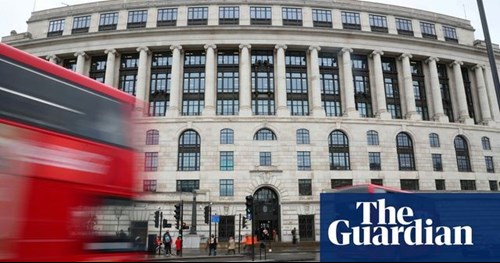Permanent Changes in the Commuting Model Raise Big Questions for the Future of Convenience Food
Unilever's most recent announcement about its support for a hybrid working model moving forward provides further confirmation that we are not returning to the traditional city-centre commuting model post the covid crisis. Yet the historical commuting model itself, at least in the UK, sparked the growth of a multi-billion pound convenience food and food-to-go industry oriented around city-centre and transport hub traffic, an industry that must now surely not count on a reversion to the old normal as a pathway out of this crisis. It is not too late for industry players to ask, and answer, two basic questions:
1) What does the idea of "convenience food" mean in a post-Covid world? Will "convenience" still be synonymous with "food-on-the-go", or is a new definition merited?
2) Depending on my perspective on what the future means for "convenience food", can my business carve out an attractive position in the post-Covid market, and if so, how? How relevant will my legacy business be, and what else do I need to build to hedge my position?
Link: https://www.theguardian.com/business/2021/jan/13/unilever-workers-will-never-return-to-desks-full-time-says-boss

You may find these interesting...